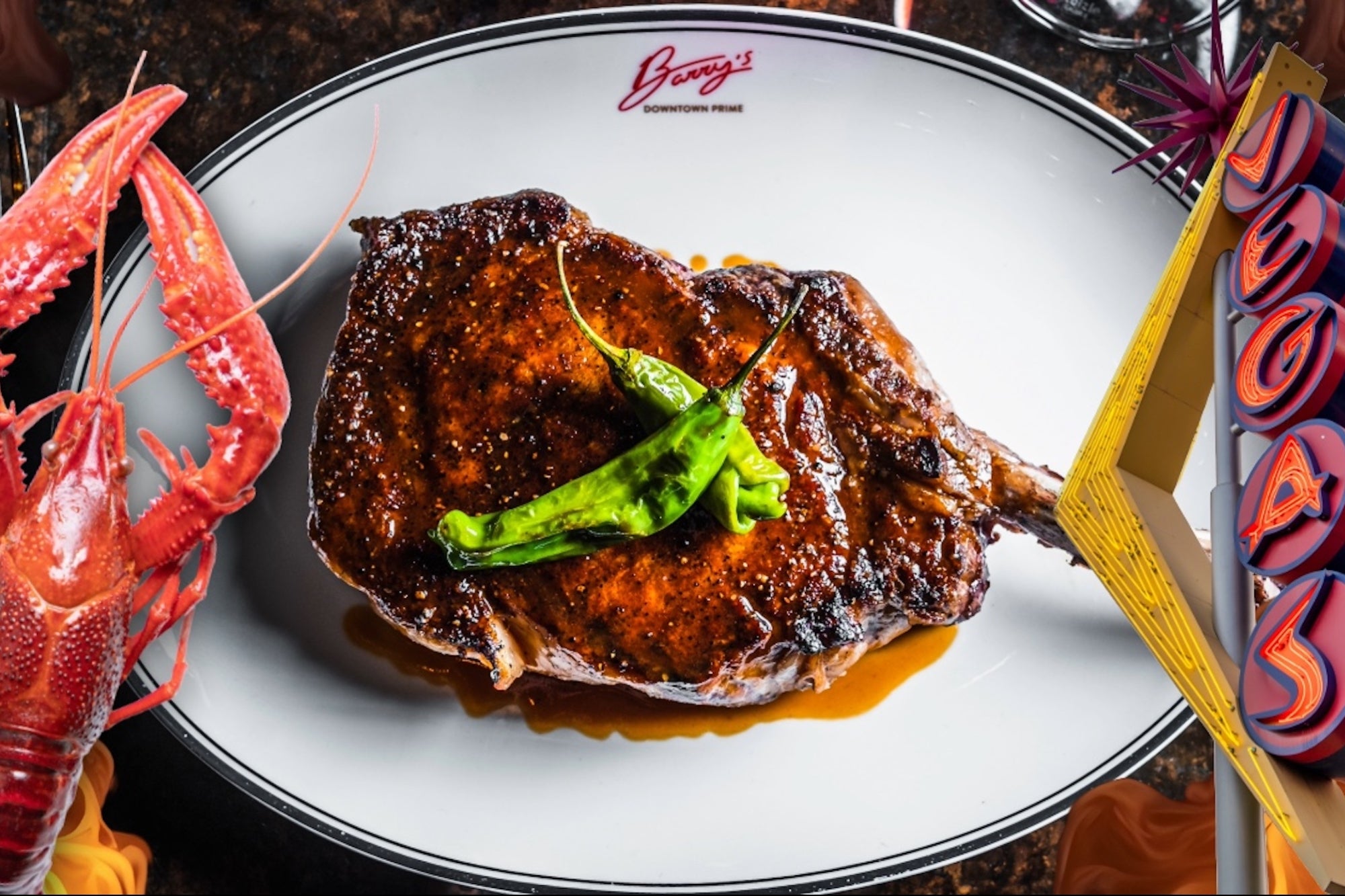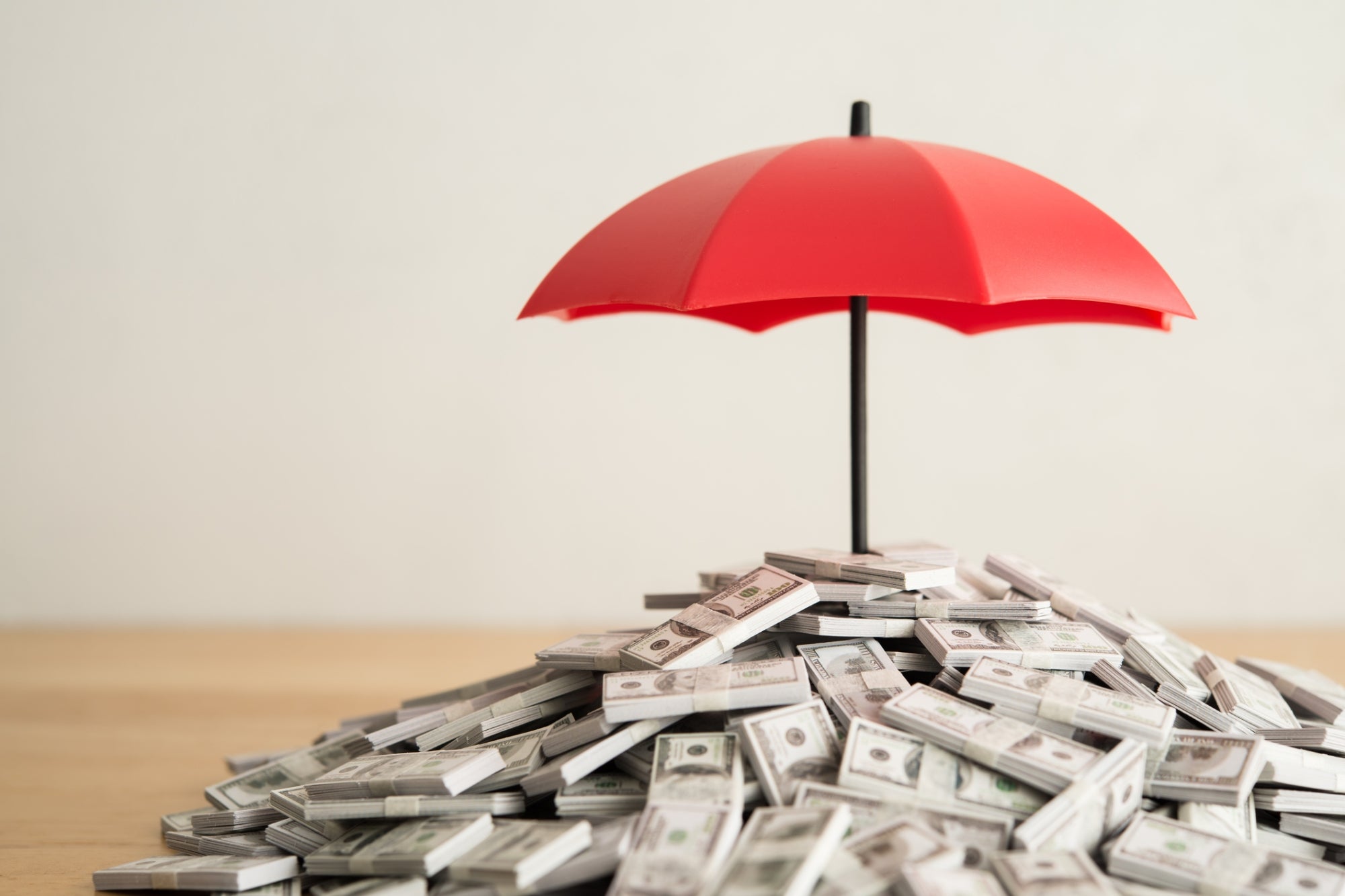Are Indian E-Commerce Companies Worth Their Valuations? Smaller SMEs and brands, formed by home-grown BIZ Experiencess, today are more comfortable using Facebook and word of the mouth to promote their brands and reach out to their target audience.
You're reading BIZ Experiences India, an international franchise of BIZ Experiences Media.

Apart from traditional delicacies and fire crackers, the festive season also brings a flurry of discounts across e-commerce sites in India. Apart from India's very own unicorn, Flipkart and U.S. retail giant Amazon, a number of peers are also pressurized to follow suit, which includes Snapdeal.
Recently, e-commerce companies In India have seen a flush of funds from marquee investor companies, like Accel Partners, IDG Ventures, and others have pumped in millions into this sector. However, according to research by RedSeer Consulting, only a meagre 1.5-2% of total retail spending happens online, which is not a paltry percentage, when compared to the investments that this space has witnessed so far.
Though e-commerce sites come with the convenience of greater reach, advertising and payment option, there are multiple reasons that also work against them in India. "60% of retail spending in India goes to food; it is difficult for even e-com giants to penetrate, due to difficulty in ensuring unit economics. For the rest of the categories, majority of online shoppers are from metros, as other city-tier population faces multiple issues in buying online," Mrigank Gutgutia, Engagement Manager, RedSeer said.
Validating the same facts Forrester Research analyst Satish Meena says, "Online retail is very small as a percentage of total retail sales in India as of now. Online retail sales accounted for 1.7% of total retail sales in 2015, and are expected to be around 6.9% of total retail sales by 2020. However, the influence of internet on total retail sales is much bigger now."
According to the firm's forecast, over 4.5% of offline retail sales are influenced by web, meaning customers uses the online sources to research about the product. And, we expect the influence of web on offline retail sales to cross 8.7% of total retail sales by 2020. In other words, by 2020, over $98 billion of offline retail sales will be influenced by web in India on top of over $75 billion of online retail sales by 2020.
Social media -- the new advertising modem
Smaller SMEs and brands, formed by home-grown BIZ Experiencess, today are more comfortable using Facebook and word of the mouth to promote their brands and reach out to their target audience. Considering most of India's online population prefer to spend their time accessing social media sites over shopping, platforms like Whatsapp and Facebook are gradually becoming the new channels to connect to consumers. But, online payment hassles, delivery timings, low storage phones and expensive data packages are some of the major reasons why people stay away from online shopping. Expert analysis, however, suggest that with the introduction of lucrative data plans like Reliance Jio and innovative banking options e-tailers are expected to get their mojo right in the coming years.
Arihant Singhvi's Handtribe, an exclusive marketplace that features collections made by Indian micro-entrepreneurs, uses social media platforms to create content that resonates with the audience.
"It is very easy for small businesses to get lost in the cacophony of branded products that are available in an online B2C marketplace. Social media makes the discovery process more democratic, giving these brands a way to control their narrative and brand value, thus cultivating a loyal consumer base," Singhvi says.
Are e-commerce firms doing justice to the millions spent?
The e-commerce companies have been basking in the glory of high valuations, but the question remains as to how many of them have actually raked in profits in their business models. At a recent startup event held in Bangalore, Future Group's Kishore Biyani said that high valuations come till the time business models aren't understood.
" In an e-commerce model, 20 per cent is the customer acquisition, 20 per cent is fulfillment cost, eight per cent is technology cost, 48 per cent is the cost of running the business plus the office and other costs. Which product will give you this little margin that you can never make money?" he added, speaking at TechSparks.
Grocery delivery platform BigBasket, Snapdeal and Flipkart have reported wider losses for the year, ended March 31. Jabong, once a potential candidate of the unicorn club, was bought by Flipkart for about $70 million this year. The acquisition has fueled speculations about the fate of other peers in this space.
With the buzz about U.S. retail giant Wal-Mart Stores Inc teaming up with India's Flipkart and one of its closest peers Snapdeal undergoing a rebranding strategy, Voonik going on an acquisition spree, it will be interesting to see how the ecommerce space in India shapes out in the future and whether we can see the emergence of real brands in the country.
(This article was first published in the November issue of BIZ Experiences India magazine)











